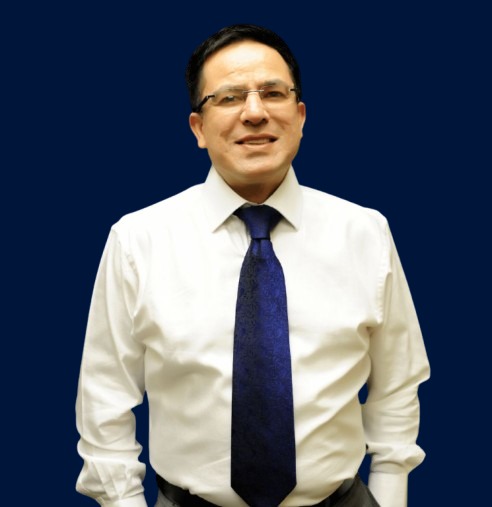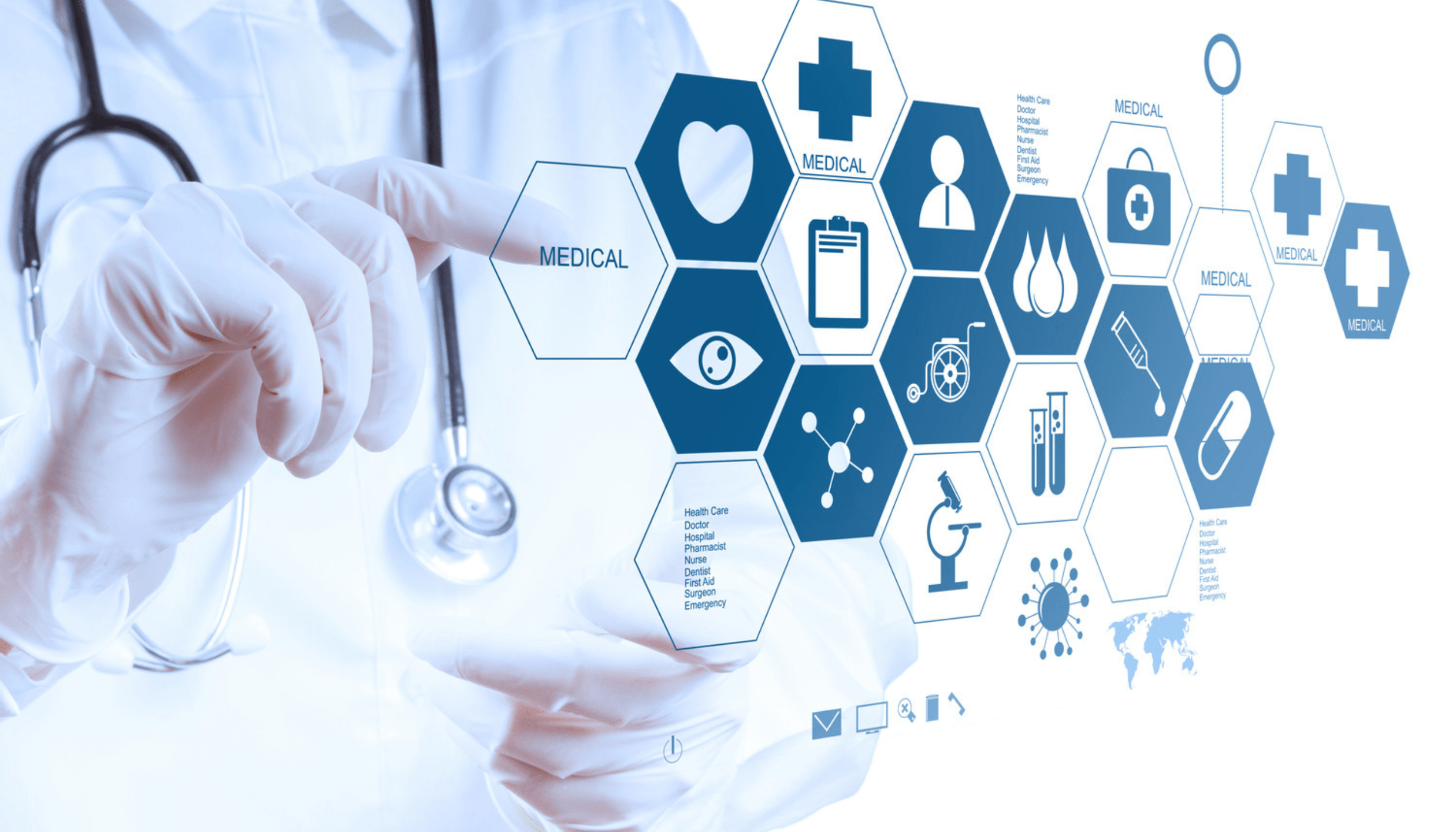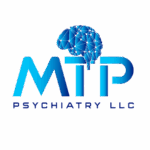clinical rotations
Introducing
About our Medical Director
Dr. Tanveer A. Padder, MD, is our lead psychiatrist and medical director. He is a triple board-certified psychiatrist, psychopharmacologist, and addiction specialist, holding certifications from the American Board of Psychiatry and Neurology, the American Board of Addiction Medicine, and in Clinical Psychopharmacology.
A recognized expert in psychopharmacology, Dr. Padder has earned the Master Psychopharmacologist certification and received numerous awards, including America’s Top Psychiatrist, the Patient Choice Award, and the Top Doctor Award in Maryland. He has published extensively in national and international journals and currently serves as the medical director of two mental health clinics in Maryland.
A highly sought-after psychiatrist, Dr. Padder is also the author of Amazon’s bestselling book on psychopharmacology, Practical Guide to Psychiatric Medications.

Patient Care Focus
Introduction to our Facility
Leading Facility
Time Organization is one of the busiest mental health and substance abuse facilities in Maryland, operating across multiple locations in Baltimore and Anne Arundel County.
Comprehensive Care
We provide specialized care for individuals across the lifespan, including children, adults, geriatrics, and those with women's mental health needs.
Diverse Patients
Our patients include individuals with acute psychiatric conditions as well as a significant number struggling with substance abuse, particularly opioid addiction.
Clinical setting

- Outpatient
- Outpatient Substance abuse
- Intensive outpatient program for substance abuse
- Detox/Rehab
- Medication assisted opioid treatment
- Day program/partial hospitalization
- Shelter
- Residential
Outline of the rotation Includes
- Working as part of a multidisciplinary team in psychiatry
- Identifying urgent psychiatric conditions
- Assessing suicidal and homicidal ideations
- Understanding voluntary and involuntary commitment
- Mastering core competencies in psychiatry
- Improving scores in psychiatry evaluations
- Conducting and presenting a full psychiatric assessment
- Performing a detailed mental status examination
- Recognizing common psychiatric symptoms and disorders
- Developing a differential diagnosis and treatment plan
- Properly documenting cases in patient charts
- Publishing articles or case reports
- Exploring residency options and securing recommendation letters
- Writing and publishing a book

Clinical Training Goals
Goals and objectives of the clerkship
- Be able to use the biopsychosocial model of illness in the care of all mental health patients
- Become competent in basic psychiatric skills of interviewing and psychiatric differential diagnosis
- To develop basic psychiatric skills and a fund of knowledge that provides the tools necessary to detect and manage common mental disorders
- Can identify and initiate, appropriate medical/psychiatric interventions for the major psychiatric illnesses in different settings.
- Develop broad areas of skills include interviewing techniques, including history-taking and mental status examination of psychiatric symptoms and signs
- Development of psychiatric differential diagnoses and a biopsychosocial formulation of patients’ psychiatric illness
- Formulation of psychiatric treatment options, including pharmacotherapy and psychotherapy.
- Diagnoses a patient based on the clinical history and other information by the methodology of the multi-axial format of DSM 5
- Develop understanding of psychiatric emergency screening and evaluation (including suicide and homicide assessment)
- Students recognize psychotherapy types, indications, and developmental factors.
- Develop an understanding of uses of other evidence-basedd biological treatments (ECT, Vagal Nerve Stimulation)
- Students develop awareness of psychiatric practice, including referrals, levels of care, managed care, stigma, and forensic issues.
- Students should be able to write patient data and review pertinent laboratory and other diagnostic findings in the usual medical a. format.
- Students should be able to write a bio-psycho-social formulation and a broad multi-axial differential diagnosis.
- Students should be able to write a treatment plan for the patient, including plans for further evaluation to test various diagnostic possibilities.
- Students can document patient progress and relevant changes in charts.
- Know the major DSM-5 signs and symptoms for the major psychiatric disorders
- Students understand medico-legal aspects of involuntary hospitalization, informed consent, and confidentiality in psychiatry.
Understand drug indications and mechanisms of action
Psychiatric Medications: Indications & Mechanisms
Antipsychotics
Antidepressants
Anti-anxiety
Benzodiazepines
Mood stabilizers
Medications for Substance Abuse
Ectroconvulsive Therapy, TMS, VNS, etc
Child psycho pharmacology
Common anti-psychotics
Common antidepressants
Common Mood stabilizers
Common Psychiatric Medications
Z drugs for sleep
Pregnancy & Psychotropic Medications
Treatment of substance abuse
Exposure to Common Disorders
Get exposure to most common psychiatric disorders
ADHD- all you need to know
Alcohol related disorders
Anxiety and Panic Disorders
Bipolar and related disorder
Cannabis abuse disorders

Clinical Interview/assessment
Common Psychiatric Disorders

Common psychiatric screening tests
Communicate with pts families
Cultural issues in psychiatry
Different forms of psychotherapy
ECT and other modalities
Geriatric psychiatry
Informed consent and confidentiality
Legal and ethical issues
Suicide/homicide - Prevention and more

Use and abuse Benzodiazepines

Child psychopharmacology
Cultural issues in psychiatry

Women's Psychiatric Disorders
Must know DSM 5 Changes

Opioid Addiction Recovery
Personality Traits Disorders
Post Traumatic Stress Disorder

Pregnancy and Psychotropic

Psychiatric Emergencies

PTSD
Schizophrenia & other Psychotic Disorders
Sleep disorders
Substance abuse and addiction
Prescription drug abuse
Suicide and violence-related topic


